Revolutionizing Youth A Comparative Analysis of Anti-Aging Skincare Regimens
In the relentless pursuit of eternal youth, skincare has become a multi-billion-dollar industry. With countless products promising to reverse the hands of time, it can be overwhelming to determine which regimen is most effective. This article delves into a comparative analysis of anti-aging skincare regimens, focusing on the benefits and drawbacks of each approach.
1. Retinoids
Retinoids, derived from vitamin A, are a staple in the anti-aging skincare arsenal. They work by boosting collagen production, reducing fine lines, and evening out skin tone. Retinoids are suitable for all skin types and can be used in varying strengths depending on the individual's skin sensitivity.
Benefits:
- Stimulates collagen production, resulting in smoother and more youthful skin.
- Reduces the appearance of fine lines and wrinkles.
- Improves skin texture and elasticity.
- Fades hyperpigmentation and acne scars.
Drawbacks:
- Can cause irritation, redness, and dryness, especially during the initial phase.
- May require a gradual introduction to the skin to minimize adverse effects.
1. Hyaluronic Acid
Hyaluronic acid is a naturally occurring substance in the body that helps retain moisture. As we age, our skin's ability to retain moisture diminishes, leading to dryness and fine lines. Hyaluronic acid serums and moisturizers can help combat this issue by replenishing the skin's moisture levels.
Benefits:
- Hydrates the skin, reducing the appearance of fine lines and wrinkles.
- Improves skin elasticity and firmness.
- Suitable for all skin types, including sensitive skin.
- Non-irritating and can be used alongside other skincare products.
Drawbacks:
- May not provide the same anti-aging benefits as retinoids or other potent ingredients.
- Effectiveness diminishes as the product wears off, necessitating frequent reapplication.
1. Peptides
Peptides are small chains of amino acids that can stimulate collagen and elastin production. They are a popular choice for anti-aging skincare due to their effectiveness and minimal irritation.
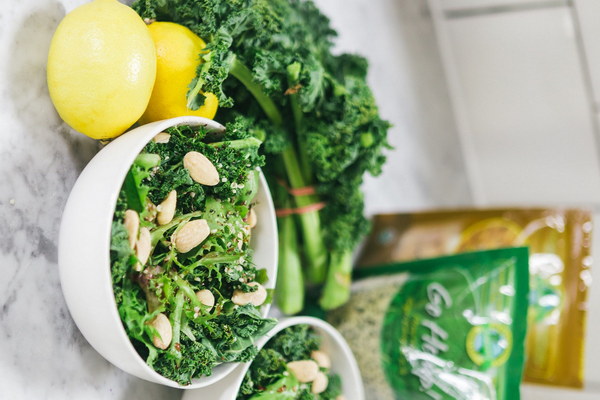
Benefits:
- Stimulates collagen and elastin production, leading to firmer, more youthful skin.
- Reduces the appearance of fine lines and wrinkles.
- Suitable for sensitive skin and can be used in conjunction with other skincare products.
- Non-irritating and well-tolerated by most individuals.
Drawbacks:
- May not be as effective as retinoids for severe skin issues.
- Results can take several weeks to months to become apparent.
1. Antioxidants
Antioxidants, such as vitamin C, vitamin E, and ferulic acid, protect the skin from free radicals that can cause damage and accelerate aging. They also help brighten the skin, even out skin tone, and reduce the appearance of dark spots.
Benefits:
- Protects the skin from free radicals, reducing the signs of aging.
- Brightens the skin and evens out skin tone.
- Reduces the appearance of dark spots and hyperpigmentation.
- Suitable for all skin types.
Drawbacks:
- May not be as effective as other anti-aging ingredients for treating deep wrinkles.
- Requires consistent use to maintain the benefits.
Conclusion
When it comes to anti-aging skincare, it's essential to find the right regimen that suits your skin type and concerns. While each approach has its benefits and drawbacks, incorporating a combination of these regimens can yield the best results. Remember to consult with a dermatologist before starting any new skincare regimen, especially if you have sensitive skin or specific skin concerns. With the right products and a consistent routine, you can achieve a more youthful and radiant complexion.

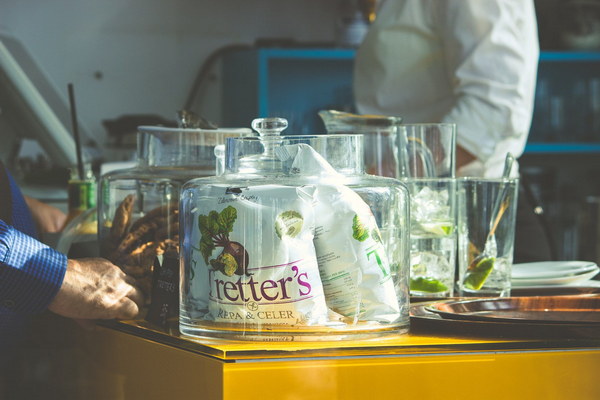
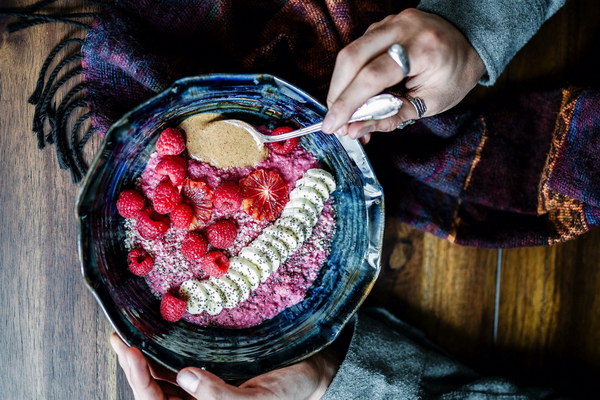

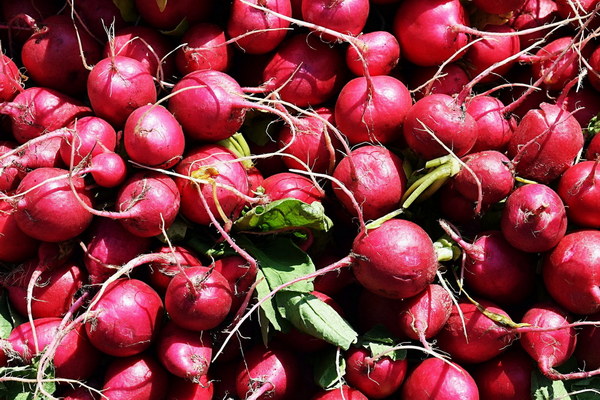
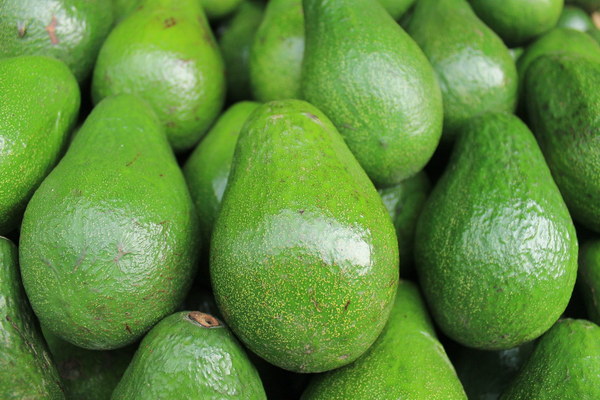



![Discover the Ultimate Health Elixir at Xiamen's Premier Tonifying Delicacy Shop, Located at [Address]](http://img.bluepurple.cn/a/养生/585/Discover-the-Ultimate-Health-Elixir-at-Xiamens-Premier-Tonifying-Delicacy-Shop-Located-at-Address.jpg)